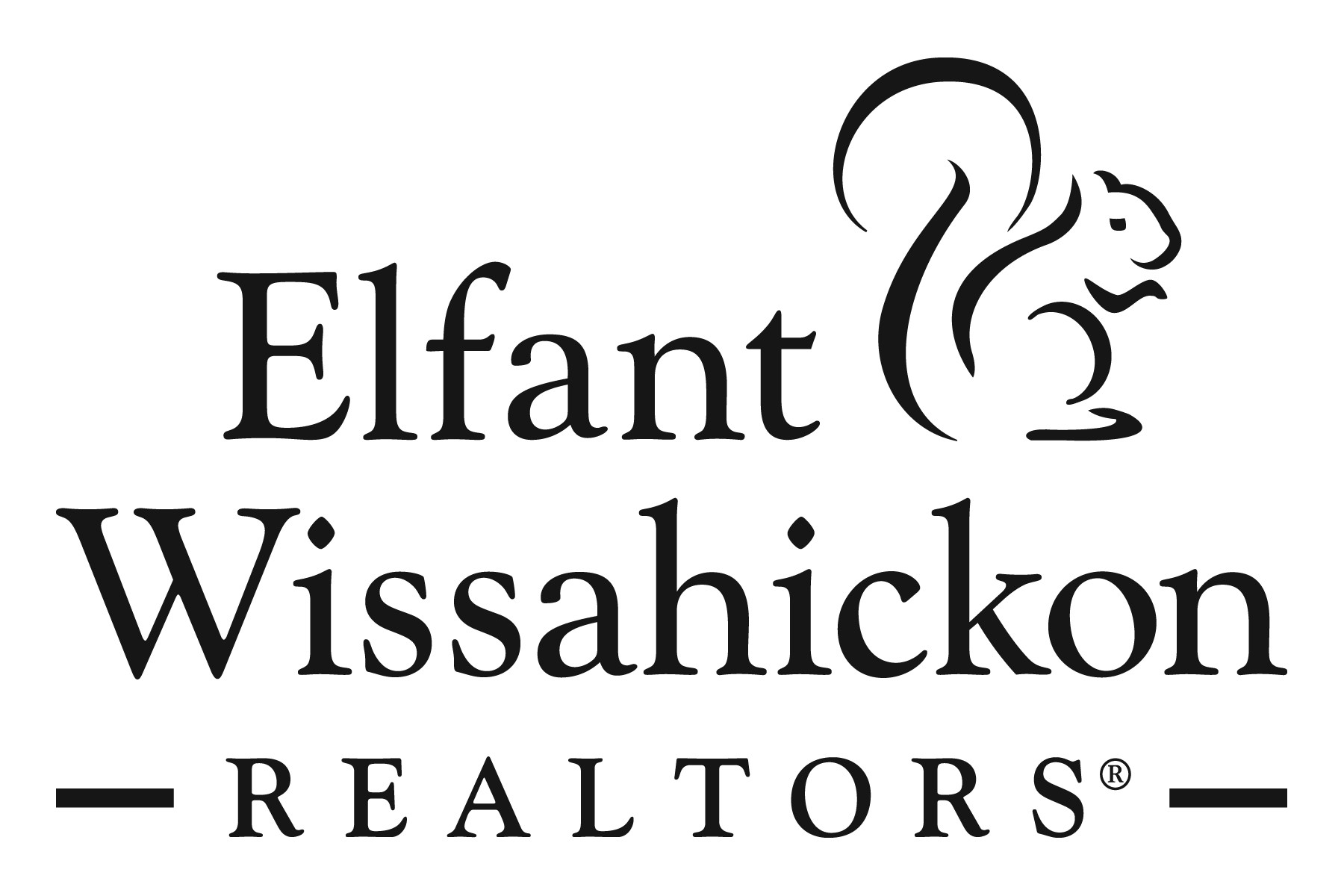The day has arrived for the final step in selling your home—the closing. The closing, also known as the settlement or escrow, in simplest terms is when money is taken in from the buyer and paid out to the seller. The closing can take place in person or by mail and is handled by the real estate company or a title company.
The buyer’s title and mortgage liens are legally recorded in local municipalities. The paperwork, which by this time has been formally reviewed by all involved parties—the buyers and sellers, agents, lenders, attorneys, and title companies—details specifics of the sales agreement. In addition,s the paperwork enables all parties to verify their interests in the transaction.
The sales agreement details the payments and credits that are due to the seller and the payments and dollar amounts due from the buyer. Details include transaction costs such as title and tax searches, and adjustments, if applicable, such as prepaid taxes.
Closing Documents. I will help you with the final documentation needed at the closing of your home.
- Mortgage. The mortgage loan is a legal document that pledges a property to the lender as security for payment of the debt. The mortgage loan is recorded in public records.
- Deed. This legal document conveys title of a property and is recorded in public records.
- Homeowners’ Insurance Policy. Lenders require a homeowner’s insurance policy, which is a type of property insurance that covers the home. It protects against losses occurring to one’s home and its contents, loss of use or loss of the homeowner’s personal possessions. In addition, it covers liability for accidents that may happen at the home or may be caused by the homeowner at the home. Typically a seller must keep the property insured prior to the closing so that the buyer’s interests are protected.
- Title Insurance Policy and Certificate of Title. The title search process ensures that the title is clear and stands without judgments, liens or attachments. Once the title is deemed clear and any unpaid taxes, assessments or other issues have been resolved, a title insurance policy will be issued by the title company. The policy insures that the buyer is protected against potential losses that could result from property ownership disputes. A certificate of title will be issued to the lender and to the buyer.
- Property Tax Bill. A copy of the property tax bill is typically provided to the buyer by the seller. Or, a copy of the tax bill can be requested from the municipality’s government. State or local transfer taxes are payable when title passes from the seller to the buyer.
- Water and Sewer Bills. If your home uses municipal water and sewer, proof of payment is often required for the closing.
- Utilities Records. Check with your gas, electric, or other service providers to find out how they handle requests for final readings and changeovers for the new owners. Each utility provider has different procedures.
- Warranties, Service Records and Referrals. Any information that you are able to supply to the buyer about your home will be helpful and appreciated. Copies of home maintenance records or names of people and companies that provided service will assist the buyer immensely should problems arise down the road. The referral of such service people as a plumber or electrician that is familiar with your home can be helpful, especially if your buyer is new to the area.
- Surveys and Plot Plans. You will need to provide an up-to-date survey for the closing. Typically a current plot plan is available at the town or city hall for a small fee.
